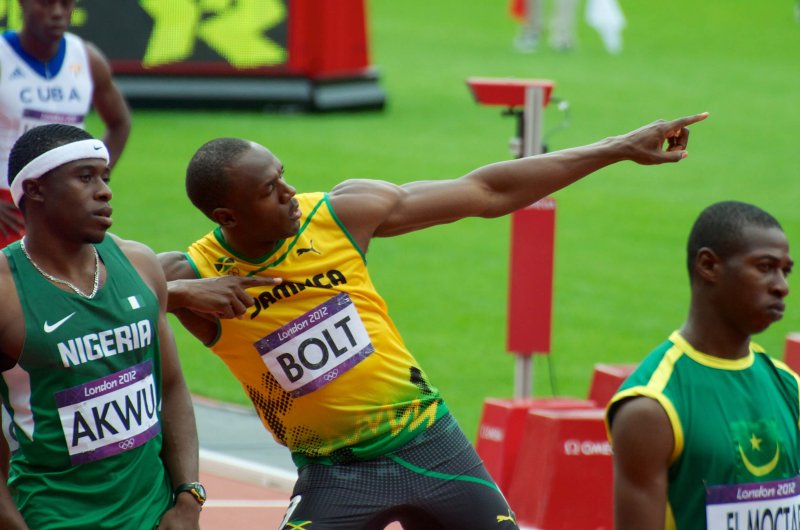At the Rio 2016 Summer Olympic Games, some of the fastest and strongest people in the world showed us what humans in peak physical condition can accomplish.
…
But we’re not even close to peak human performance, according to Stephen Hsu….[who] argues that athletes like Bolt represent our current-day genetic outliers, people who are so uniquely adapted for their sports that they leave their competition in the dust….
Hsu thinks that we’re headed towards a future where we’ll be choosing preferred genetic variants for our children soon. Not long after that, he thinks we could start actually editing our DNA to achieve optimal variants….
…
For now, we still don’t actually know that genetic manipulation will lead to better athletes. It certainly seems like a real possibility, and we know that sports officials are already concerned about gene doping….
…
[W]e could be getting closer to the post-human era, where we modify our own genetics to the point that we’re less recognizably “human” than ever before.The GLP aggregated and excerpted this blog/article to reflect the diversity of news, opinion and analysis. Read full, original post: Humans of the future could be much faster than Usain Bolt or Michael Phelps































